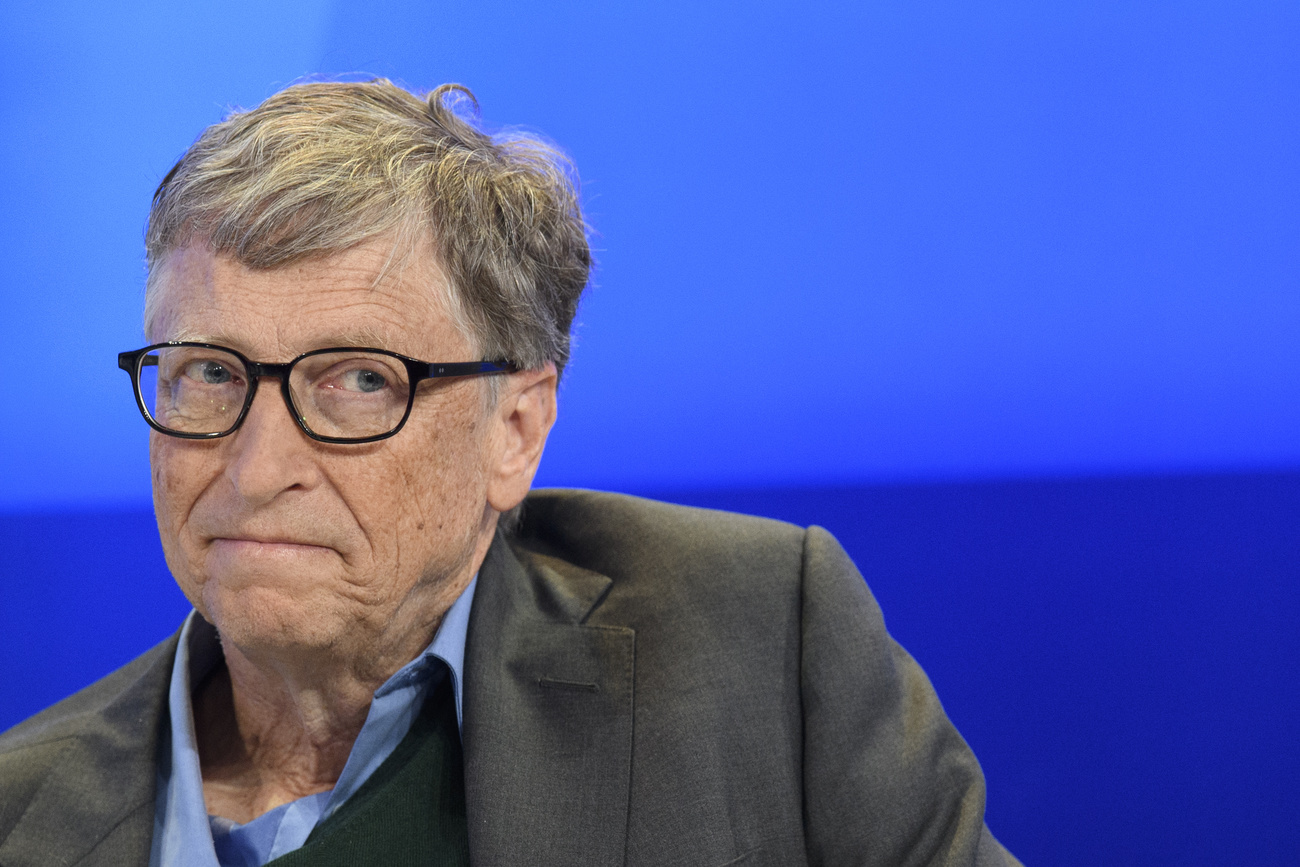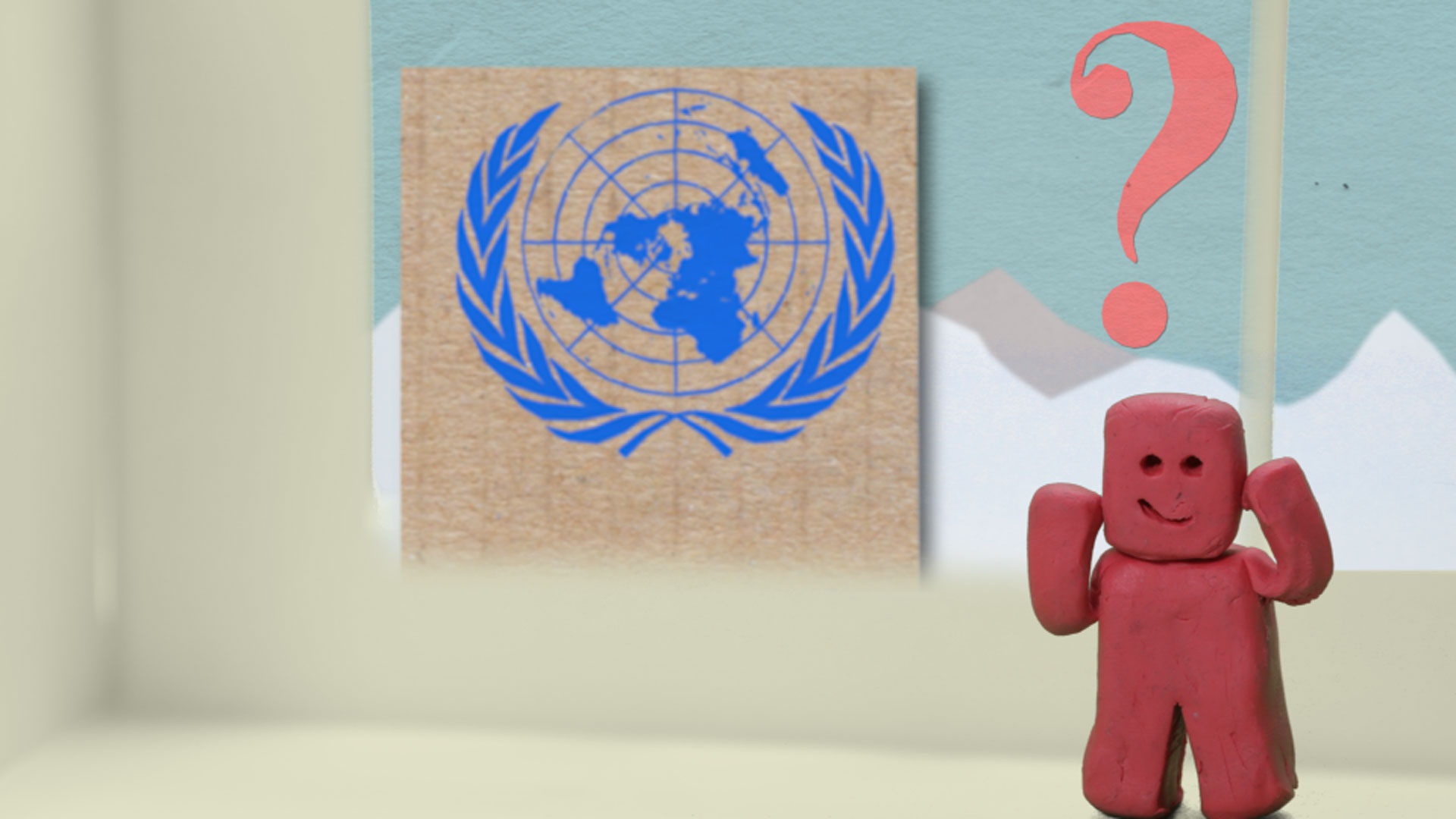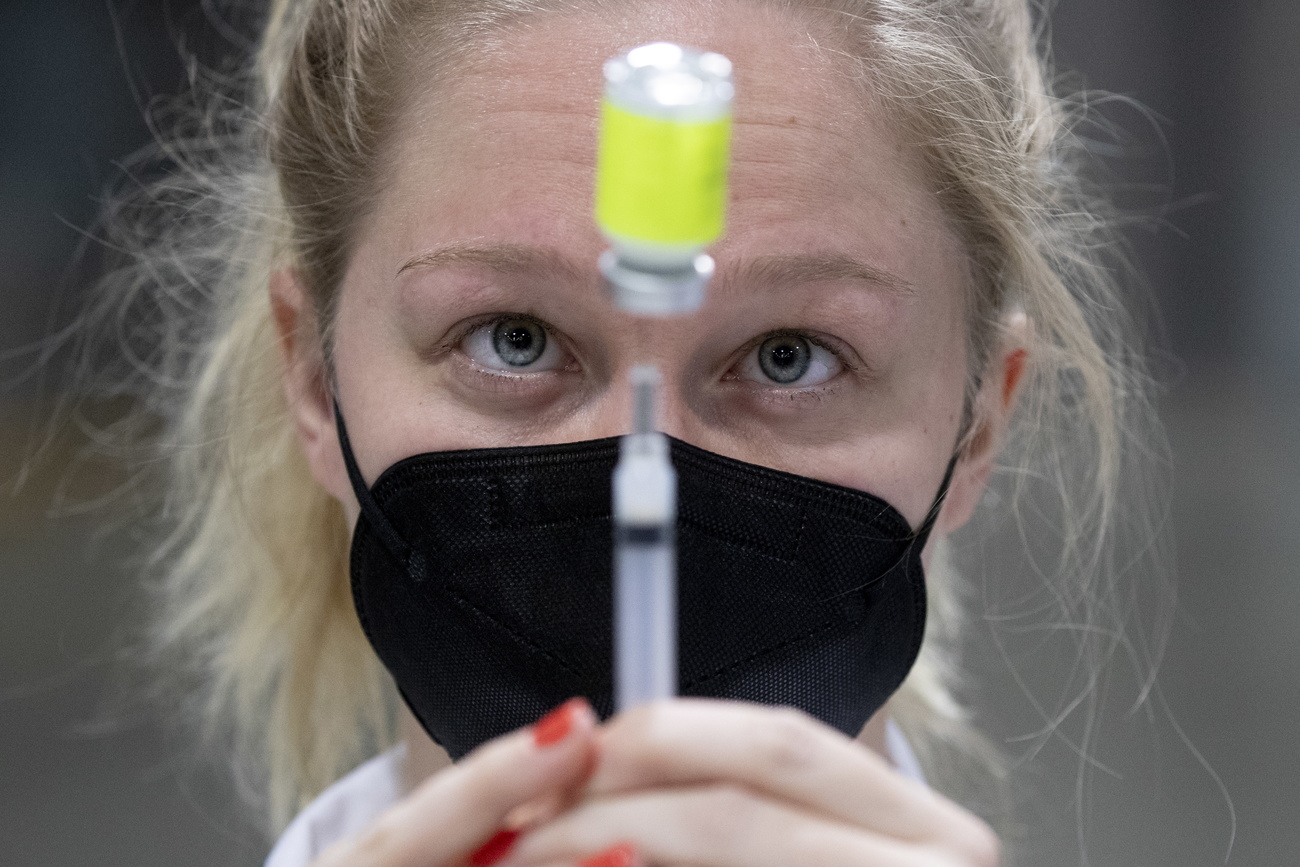
Does Bill Gates have too much influence in the WHO?

The WHO's upcoming Assembly in Geneva starting May 24 will be facing calls for reform, especially in the light of the Covid-19 pandemic. One of the issues in the spotlight will be the way the global health body is funded and the role of the private sector, especially the Bill and Melinda Gates Foundation, which is now its second biggest donor.
Though the UN’s World Health Organization is run by member states which donate public funds, it relies heavily on private donors. One of those is the Gates Foundation, by far the largest private contributor to the WHO, accounting for some 10% of its budget. Only the US government pays more, and had the US pulled out as threatened by the former Trump administration, the organisation would have found itself in the unprecedented position of having the Gates Foundation as its top donor.
More
“Without its resources, many global health goals would be placed at risk, such as polio eradication,” says Lawrence Gostin, Faculty Director of the O’Neill Institute for National and Global Health Law at Georgetown University in the US. Though Gostin, who is also director of the WHO’s Collaborating Centre on National and Global Health Law, hails the “generosity and ingenuity” of philanthropies like the Gates Foundation, he does raise concerns about the over-dependence on private donations. “Most of the funding Gates provides to the WHO is tied to specific agendas of the foundation. That means that the WHO cannot itself set global health priorities, and it is beholden to a largely unaccountable private actor. Unlike states, the Gates Foundation has little democratic accountability.”

More
Covid-19: WHO really calls the shots?
Too much influence?
Chris Elias, President of the Gates Foundation’s Global Development Division, admits that over the years there have “often been concerns and criticisms related to our influence at the WHO”. “But”, he said in a recent webinarExternal link at the Geneva Graduate Institute’s Global Health Centre, “I think what’s important to realise is that the WHO has a global programme of work that’s decided on by its member states. We have strategies that are developed and vetted by our governing board and we support those areas of the global programme of work that are aligned with our strategies. That has added up to us being the second largest funder of the WHO.”
He agrees this does mean that “some parts of the WHO are better supported than others because we don’t have a strategy for everything in global health. This is a vulnerability that the governing body of the WHO needs to address.”
The ‘Bill Chill’?
Clearly many of the priorities do overlap, such as polio eradication and immunization in general. Nevertheless, concerns remain that these more measurable targets are leading to underfunding of other areas, such as strengthening the health systems in developing countries.
“That’s a concern that’s been documented,” says Linsey McGoey, a professor of sociology at Essex University in the UK who wrote a book (“No Such Thing as a Free Gift: The Gates Foundation and the Price of Philanthropy”) on Gates and global public health. She thinks Gates has an ideological interest in seeing measurable results on a quick timescale, to show that “billionaire philanthropy” is working. “I think it’s because he has a personal interest in seeing results quick, because it helps to bolster his own reputation,” says McGoey.
Some public health officials have disagreed with Gates’s priorities, but there is reluctance to criticise him for fear of losing support. This self-censorship has become so widespread it has been dubbed the “Bill Chill”, according to the New York TimesExternal link.
The Gates Foundation’s pioneering role in promoting “global health equity” is widely recognised, and it has been a key player in the Covid-19 response. It has been instrumental, for example, in setting up COVAX, the vaccine pool which aims to ensure that no country is left out in the race for Covid-19 immunization. The foundation also provides funding to Gavi (the Vaccine Alliance) and Coalition for Epidemic Preparedness Innovations (CEPI), both of which Gates helped found and which co-lead COVAX with the WHO.
According to the New York Times, the WHO wanted to take a stronger lead in COVAX but was muscled out by the Gates Foundation. “I have heard that,” says Gostin. “If true, that would be disheartening since the WHO should take the global lead.” But he says it is “important to recognise that foundations like Gates do not just provide money, but also creativity and innovation. Overall, the foundation is a powerful force for good”.
Defending patents
McGoey doesn’t necessarily agree. She cites the Gates defence of patents and current resistance to a patent waiver on Covid-19 vaccines.
There is currently a proposal before the World Trade Organization, introduced by South Africa and India, to waive patents on Covid-19 vaccines, which could help boost global vaccine production and delivery to poorer countries. A softer proposal along the same lines is before the WHO. But businesses, along with some countries including Switzerland, have been resisting. “Certainly Tedros, the head of the WHO, has come out in support of a patent waiver,” says McGoey. “But he hasn’t managed to sway Mr. Gates’s mind on that. So who is Mr. Gates listening to? Not the head of the WHO or the WTO, and his own authority isn’t something that we as a global community want to rely on, given his own interest in defending a patent system that his fortune was built upon.”

More
The WTO’s long struggle to reach vaccine equity
McGoey thinks the Gates strategy is not so much motivated by money as by his belief that the market knows best, that there should be close relationships between pharmaceutical manufacturers, for-profit companies and different providers of health services. “Ideologically he is just completely committed to the belief that the business community is a superior actor when it comes to getting things done,” she says. “Often the business community does get things done, but they have adverse effects when it comes to affordability of medicines, when it comes to pricing, when it comes to the incentive to sometimes undermine people’s health if it leads to an economic return. So as I’ve argued many times, Mr. Gates doesn’t realise that there is a conflict between private profiteering and public health, and he’s determined to act as if that conflict does not exist.”
She says this was already apparent with antiretroviral drugs for HIV/AIDS but has been “illuminated” by Covid-19. “That conflict can be seen in the way that the pharmaceutical companies who have exclusive rights to manufacture the vaccines are refusing to allow patent waivers. If there was no conflict between private profiteering and global health, they would simply relax the waivers or allow the waivers. And they are not doing that.”
Financial fragility
But why is the WHO so dependent on Gates funding in the first place? “It has no choice but to rely on Gates and other funding. States’ mandatory assessments haven’t risen materially in years, and these assessments are wholly incommensurate with the WHO’s global mandate,” says Gostin.
The global health body recognises the problem and says it is trying to do something about it. “In terms of funding, the biggest challenge faced by the WHO is a lack of sufficient sustainable financing,” it said in a written response. “This leaves the WHO overly reliant on its major donors – of all types – and the lack of flexibility of the majority of the WHO’s funding hampers the organisation’s ability to deliver on its mandate. Acknowledging this systemic challenge, the WHO’s Member States have established a working groupExternal link to look at these vital issues and make recommendations to the WHO Executive Board in early 2022.”
“The fact that the World Health Organization receives about 23% of its support from its member states and therefore has to receive three-quarters of its support from voluntary contributions is a huge vulnerability,” said Elias of the Gates Foundation during the Graduate Institute webinar. “I attend the World Health Assembly most years and each year the member states give the WHO more mandate, more to do, and yet they have effectively had a flat budget for the last 20 years. That’s not how we should run the global health architecture. Ideally the member states would finance the WHO and they wouldn’t need the Bill and Melinda Gates Foundation’s resources.”
As the WHO prepares to meet for its annual assembly, Gostin says he would like to see two things: a major increase in state mandatory contributions to the WHO, which are not tied; and international pressure on private foundations to spend more of their funding on untied contributions to the WHO, “instead of requiring the agency to perform tasks that are directed by foundation leaders”.
Elias also puts the onus on the WHO: “They’re not going to be able to quadruple their assessed contributions overnight but I think they need to think through a pathway to more secure funding of the organisation, some progressive realisation over time of increases in assessed contributions. If this pandemic doesn’t show the vulnerability of not having that, I’m not sure what will.”
McGoey says member states have the money and need to step up: “They do have money available that could be put towards ensuring that their future national budgets are actually reduced by not having to spend so much on dealing with the fallout from a Covid pandemic. Future pandemics are not going away. So it’s in the nations’ interest to increase their subsidies to the WHO and their financing of that important, really valuable, not perfect but certainly essential actor today.”

In compliance with the JTI standards
More: SWI swissinfo.ch certified by the Journalism Trust Initiative































Join the conversation!